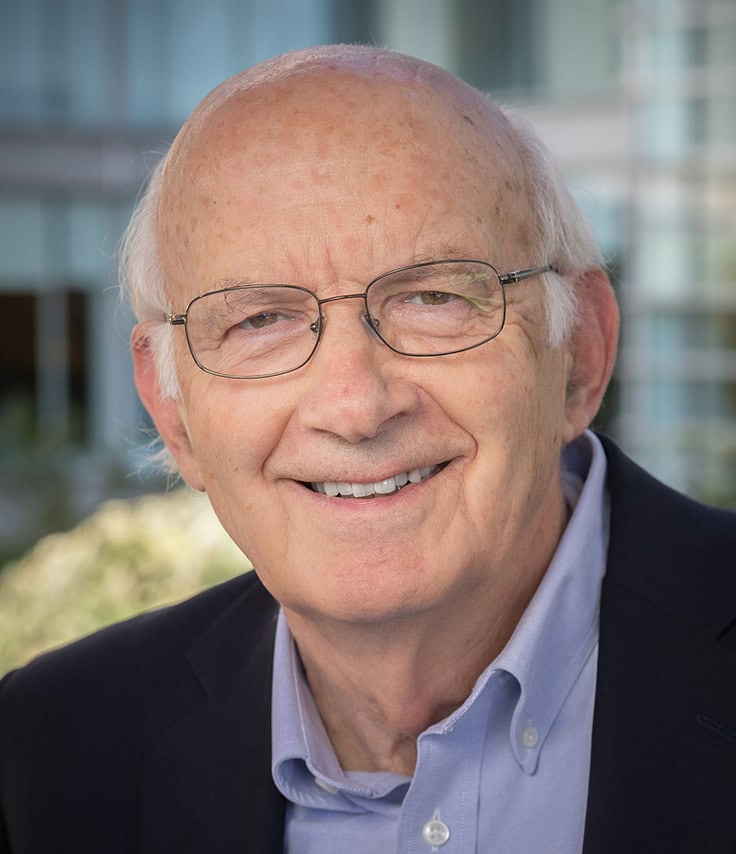Biosketch
Stanley M. Lemon MD is Professor of Medicine at the University of North Carolina at Chapel Hill (UNC). He received his A.B. degree from Princeton University summa cum laude in 1968 and M.D. with honors from the University of Rochester in 1972, followed by postgraduate training in internal medicine and infectious diseases at Chapel Hill. He served with the U.S. Army Medical Research and Development Command from 1977-1983, subsequently returning to UNC as chief of the Division of Infectious Diseases and then associate chairman of the Department of Medicine. Moving to the University of Texas Medical Branch at Galveston in 1997, he served first as chair of the Department of Microbiology & Immunology, then dean of the School of Medicine from 1999 to 2004, and founding director of the Biosafety Level 4 Galveston National Laboratory. He returned to the UNC faculty in Chapel Hill in 2010. He is a fellow of the Infectious Diseases Society of America, the American Association for the Advancement of Science, and the American Association for the Study of the Liver, and is an elected member of the Association of American Physicians and the National Academy of Sciences. He has served as chair of the Anti-Infective Drugs Advisory Committee and the Vaccines and Related Biologics Advisory Committee of the FDA, the NCID-CDC Board of Scientific Counselors, and the IOM Forum on Microbial Threats, and was previously a member of the National Science Advisory Board on Biosecurity (NSABB). Awards include the John Enders Award in Medical Virology from the Infectious Diseases Society of America.
Research Interests
Dr. Lemon’s research interests focus on positive-strand RNA viruses that infect the liver and cause acute and chronic hepatitis in humans. His research spans the fields of molecular virology, innate immunity, inflammation, and disease pathogenesis. Work in his laboratory has revealed how the classically nonenveloped virus responsible for infectious hepatitis A is released from cells in a non-lytic manner cloaked in host cell membranes, and circulates in the blood of infected humans in a quasi-enveloped form resistant to neutralizing antibodies. His current research is focused on the mechanisms underlying the biogenesis and release of quasi-enveloped virus, and how these as well as naked nonenveloped viruses enter naïve cells to establish infection. His broader research interests include the molecular mechanisms by which positive-strand hepatotropic viruses replicate their RNA genomes, how these viruses are recognized by host innate immune sensors, and the role of innate immunity in both protection and pathogenesis.
Membership Type
Member
Election Year
2024
Primary Section
Section 44: Microbial Biology
